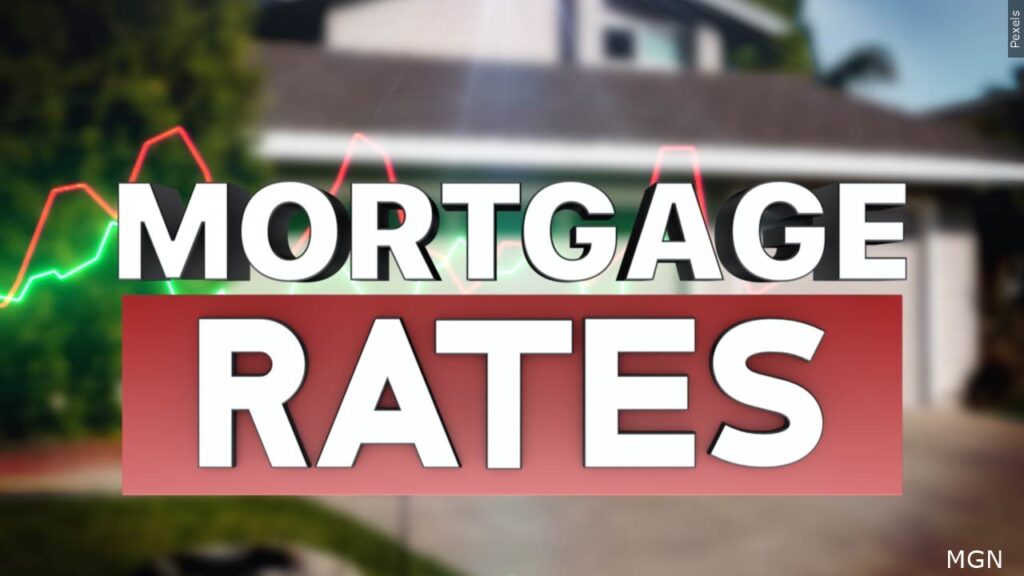Finding the right financial advisor can feel like searching for a needle in a haystack. Everyone claims to be the best, but how do you separate the truly excellent advisors from the rest? This guide will help you navigate the process and find the best financial advisors near you.
Understanding Your Financial Needs
Before you start your search, take some time for self-reflection. What are your primary financial goals? Are you saving for retirement, planning for your children’s education, or looking to manage investments? Defining these goals will help you find an advisor whose expertise aligns with your needs. Consider using online tools like financial goal calculators to better understand your current situation.
Local vs. National Advisors
Local advisors often offer personalized service and a deep understanding of the local market.  National firms, on the other hand, may provide access to a broader range of services and resources. The best choice depends on your preferences and financial situation. Learn more about choosing between local and national advisors.
National firms, on the other hand, may provide access to a broader range of services and resources. The best choice depends on your preferences and financial situation. Learn more about choosing between local and national advisors.
Checking Credentials and Experience
Verify that potential advisors hold the necessary licenses and certifications. Look for designations like CFP® (Certified Financial Planner) or CFA® (Chartered Financial Analyst). These certifications demonstrate a commitment to professional standards and ethical conduct. Always check their experience; how long have they been working, and what kind of clients have they worked with?
Fees and Compensation Structures
Financial advisors use various compensation models. Some charge fees based on assets under management (AUM), others charge hourly rates, and some use a combination of both. Understand the fee structure upfront to avoid unexpected costs. You can compare fee structures here to find an advisor whose fees work for your budget.
Client Reviews and Testimonials
Before making a decision, read online reviews and testimonials from previous clients. Sites like Google Reviews and Yelp can provide valuable insights into an advisor’s professionalism, communication style, and overall effectiveness. Pay close attention to both positive and negative reviews to get a well-rounded picture.
Interviewing Potential Advisors
Schedule consultations with several advisors before making your choice. During these meetings, ask detailed questions about their investment philosophy, their process, and their approach to risk management. This will give you a chance to assess their communication style and determine if there is a good personal rapport. [IMAGE_2_HERE]
Asking the Right Questions
Prepare a list of thoughtful questions to ask potential advisors. This includes inquiries about their investment strategies, their experience with clients similar to yourself, and their approach to conflict resolution. This checklist of questions can help you prepare. Don’t hesitate to ask about their track record and their approach to fee adjustments.
Building a Long-Term Relationship
Finding a financial advisor is not just about finding someone to manage your money; it’s about building a long-term relationship based on trust and mutual respect. Choosing the right advisor is a crucial step towards achieving your financial goals. [IMAGE_3_HERE] Read more about building a strong advisor-client relationship.
Finding the best financial advisor near you requires careful consideration and thorough research. By following these steps, you can increase your chances of finding a trusted professional who can guide you on your financial journey.
Frequently Asked Questions
What qualifications should I look for in a financial advisor? Look for designations like CFP®, CFA®, or other relevant certifications, and check their experience and track record.
How much should I expect to pay a financial advisor? Fees vary widely depending on the advisor’s compensation structure, so it’s crucial to discuss fees upfront.
How often should I meet with my financial advisor? The frequency of meetings depends on your individual needs and the complexity of your financial situation. Regular reviews (at least annually) are often recommended.
What if I’m not happy with my financial advisor? You have the right to switch advisors at any time. If you’re unhappy, it is best to have an open discussion with the advisor first.
How do I find financial advisors in my area? You can use online search engines, referral services, or ask for recommendations from trusted friends or family.



